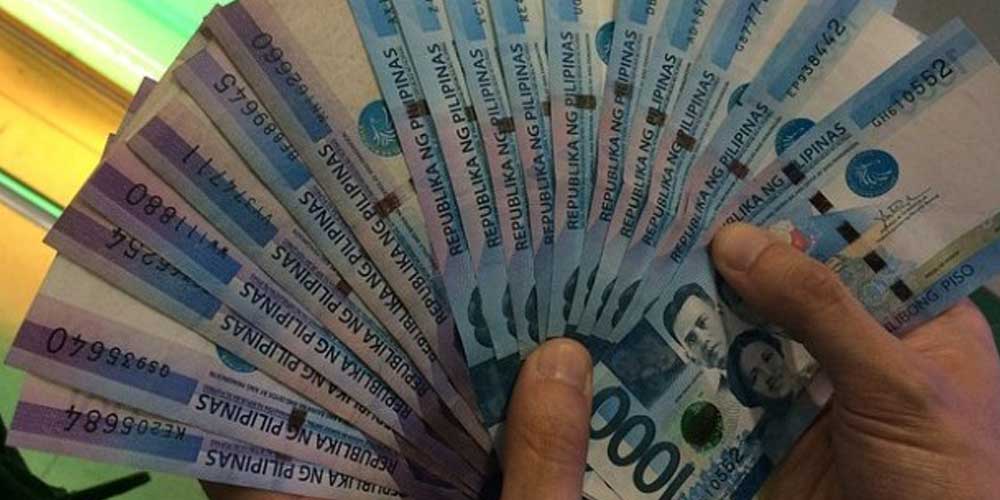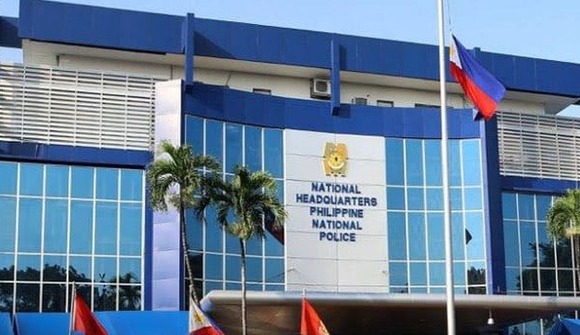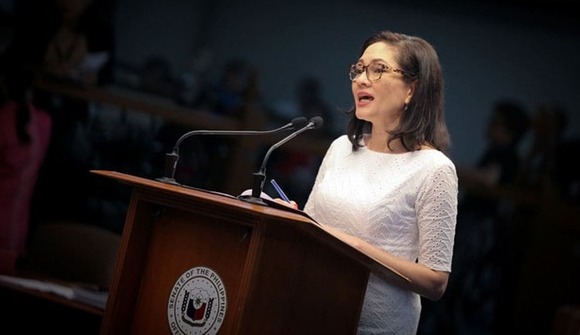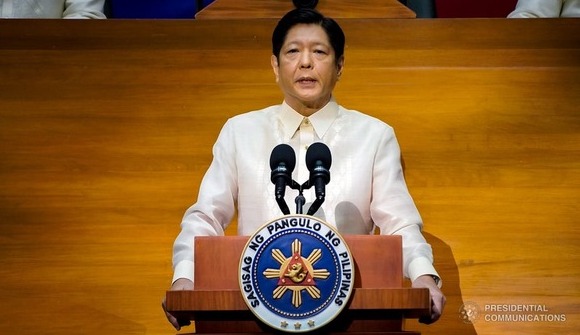
Philippines extra year to exit FATF grey list: official
The governor of the Philippine central bank says the country has been given a year extension – until January 2024 – to meet the financial standards needed to get off a risk list of the Paris-based watchdog, the Financial Action Task Force (FATF).
Felipe Medalla, who is also chairman of the Philippines’ Anti-Money Laundering Council (AMLC), was cited on Tuesday by the Philippine News Agency, an official outlet, regarding the FATF’s so-called ‘grey list’.
The news organisation reported – indirectly citing the official – that although the country had missed an FATF deadline within this January, it had received “excellent” ratings on its relevant legislation, “except on the bank secrecy law”.
That was a reference to Republic Act 1405, which came into force in 1955, and makes confidential all deposits of whatever nature with banks or banking institutions in the Philippines, including bonds issued by government.
Mr Medalla was indirectly quoted by the news agency as saying that the one-year extension by the FATF was to review the implementation of the country’s anti-money laundering and combatting the financing of terrorism legal framework.
The official said he had already had meetings with Department of Justice Secretary, Crispin Remulla, regarding such implementation.
In October, the Philippines’ Anti-Money Laundering Council had said it was working to get the country off the FATF’s grey list.
The FATF had announced in June 2021 that the Philippines had been added to its grey list, due to what it generically calls “strategic deficiencies” in the relevant matters. It included the need to demonstrate “that supervisors are using AML/CFT controls to mitigate risks associated with casino junkets”.
In a highly-publicised incident in 2016, some of the US$81 million in money stolen from the Bank of Bangladesh via an online heist, passed through gaming operations at several Philippine casinos before mostly disappearing.
From 2000 until February 2005, the Philippines was on an FATF list of “non-compliant countries and territories” in relation to financial monitoring – also known as a “blacklist” – according to publicly available information from the FATF.
Source: https://www.ggrasia.com/philippines-extra-year-to-exit-fatf-grey-list-official/
Other Interesting: Types Of NFT Scams To Be Aware Of
See other website: Oriental Game
Other Interesting Articles
 Types Of NFT Scams To Be Aware Of Jan 11, 2023
Types Of NFT Scams To Be Aware Of Jan 11, 2023











